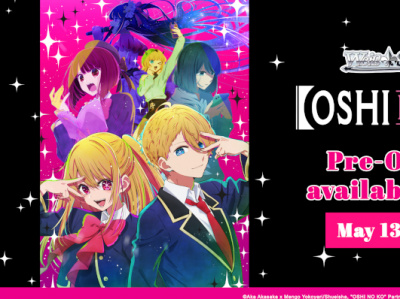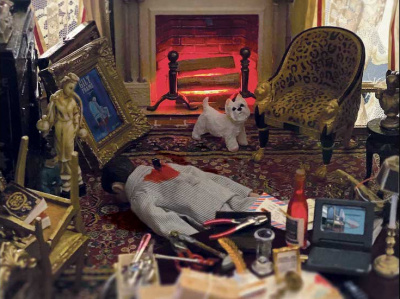Aaron Bynum of Animation Insider saw the news that DC's CMX division was making content changes to the Tenjho Tenge manga content for U.S. publication (see 'CMX Bowdlerizes Tenjho Tenge Manga'), and wonders why:
The censoring of the Tenjho Tenge manga comes as a bit of a surprise to me, because as far as I'm concerned, this manga in particular is an adult title, or at least a title originally marketed towards older audiences, potentially containing 'ecchi' elements such as: overt sexuality, bloody violence, nudity, and salty language.
While I find that there are a variety of positions one can take on the issue, I think the most interesting opinion is that if this was originally marketed as a title for older teenagers and adults, then why substitute its demographic? I think that this particular issue holds more weight than some measly 'right-to-left' vs. 'left-to-right' argument, and is perhaps just as important as debating the translation of the original content; this is based on the assertion that in adjusting well over two dozen visual cues and effects designs in order to fit a predisposed promotional principle, one can interpret the censoring as a means of diverging from the original aims of the product's creators. The bottom line of which is that the reception of this particular censored edition of the manga may differ significantly than that of its originally intended publication due to the apparent shift in audience; it goes against what many feel is the ultimate purpose of accurate translation work: to convey a specific ideal, emotion, or subject matter in a new language, and thus allowing those learning of the material in the new language to discover the content as individuals had first received that particular ideal, emotion, or subject matter in the old/previous language.
One would think that with the incredible amount of publicity that imported comics from Japan and Korea have built up over the past few months that the corporate conscience would take note as to just how important and valued their roles happen to be.
The opinions expressed in this Talk Back article are solely those of the writer, and do not necessarily reflect the views of the editorial staff of ICv2.com.







